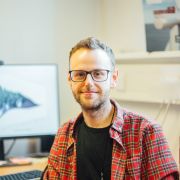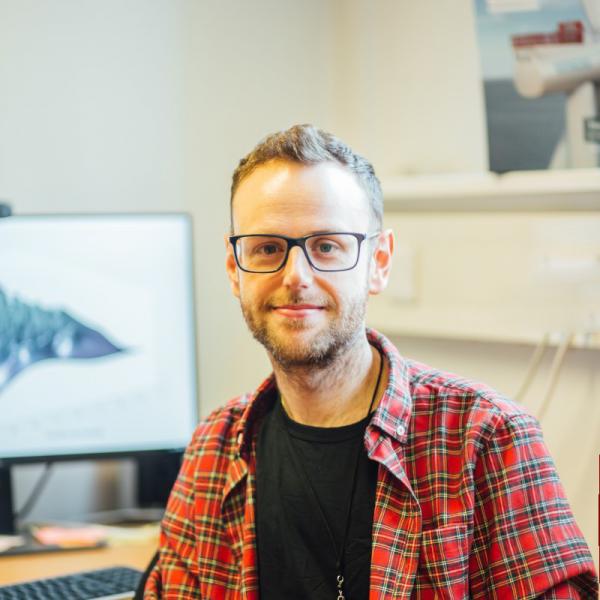Expert teams
Collaboration with industry is at the core of our research and we are always interested in developing new industrial partnerships.
A | B | C | D | E | F | H | I | L | M | N | O | P | R | S | T | U | V | W
Alongside our research themes and research centres we have a number of expert teams. These are flexible groupings of academics and researchers whose work touches on similar themes.
While our research themes represent our strengths in traditional engineering areas, our expert teams reflect changing research interests within the department and are concerned with developing innovative solutions to specific engineering problems.
Our research staff have expertise in a wide range of areas and can assist your company in solving manufacturing problems, testing components and designing systems and mechanisms.
We can also advise your business on how to increase production, reduce costs and drive innovation.
Below is a selection of areas in which our staff regularly work with industry. If you’d like to work with us please click on a research area to find a contact.
If your query relates to an area not listed please contact our Industrial Liaison Officer, Dr Kevin Hughes.
A
- Acoustics
-
- Additive manufacturing
-
The Additive Manufacturing Team is leading research and development of the High Speed Sintering process, which has the potential to be the world's first Additive Manufacturing technology to compete with established manufacturing processes such as injection moulding for high volume production.
- Advanced manufacturing
-
- Aerodynamic design optimisation
-
- Aerospace engineering
-
'Aerodynamic optimisation of low observable flying wing UAVs with high lift constraint' (EPSRC & Defence Science and Technology Laboratory)
- Aerospace system dynamics
-
- Anaerobic digestion
-
- Automotive chassis manufacturing
-
- Automotive powertrain
-
Current work in this area includes research into the use of bio-lubricants in automotive engines, the effect of engine component wear due to soot contaminated and aged oil and the understanding, modelling and mitigation of automotive engine valve recession, through projects funded by Ford.
- Automotive vehicle dynamics
-
B
- Bearing condition monitoring
-
- Bioenergy
-
- Biomechanics
-
Research in this area includes the European Commission funded projects 'MySPINE: Functional prognosis simulation of patient-specific spinal treatment for clinical use' and 'MECHANOBIO: Finite element simulations of mechanobiology in tissue engineering'.
C
- Carbon capture and storage
-
- Combustion and heat transfer
-
This team performs research, analysis and simulations of thermal energy systems using experiemental as well as computational approaches. Projects in this area include 'Thermal Hydraulics for Boiling and Passive Systems' and ''Clean Energy Utilisation from Biogas and Biomass Gasification'.
- Computational fluid dynamics
-
The team develops advanced CFD models, numerical and meshing methodologies and computer codes, and applies them in a wide range of industrial applications, including aerodynamics, energy systems (wind, wave and nuclear), bio-medical and two-phase flow systems. They also perform fundamental studies of turbulence, transition and drag reduction.
The team uses Reynolds Averaged Navier-Stokes (RANS), Large Eddy Simulation (LES), Detached Eddy Simulation (DES), Direct Numerical Simulation (DNS) and Lattice Boltzmann Method (LBM).
- Computational structural modelling
-
Members of the computational structural modelling team are involved in developing techniques to predict the mechanical behaviour of materials and structures in loading conditions.
- Condition monitoring and non-destructive testing
-
This team performs research, analysis and simulations of thermal energy systems using experiemental as well as computational approaches. Projects in this area include 'Thermal Hydraulics for Boiling and Passive Systems' and ''Clean Energy Utilisation from Biogas and Biomass Gasification'.
D
- Data analysis and signal processing
-
- Dexterity modelling and quantification
-
E
- Energy
-
- Engineering design
-
Recent work in this area includes a hoist design for off-shore wind farms with wave compensation (KTP with Mechan Ltd.) and the design of a mobile waste compactor (KTP with Bergmann Direct Ltd).
- Experimental stress analysis
-
F
- Flow measurement
-
- Fracture mechanics of polymers, composites and engineering components
-
- Friction stir welding
-
- Fuel cells
-
H
- Health technologies
-
- Heat transfer
-
- Human interactions
-
Current funded projects in this area include 'Using Optical Coherence Tomography (OCT) to understand the properties that affect the friction of human skin' (ESPRC) and 'The use of vibro-tactile feedback in design of electronic devices for the aging population'.
- Hydrocyclones
-
I
- Internal strain measurement of transparent materials
-
L
- Laser sintering
-
- Landing gear design
-
- Low value manufacturing
-
M
- Machining vibrations
-
- Manufacturing technology
-
Research conducted by this team includes the numerical modelling of metal forming using thermo-elastic-plastic finite element modelling.
- Materials processing
-
Current work in this area includes the numerical modelling of various processes such as rolling, forging, friction stir welding and spinning processes. Recent funded projects include 'MatProFuture - New materials processing technologies for sustainable future' (European grant).
- Meta materials
-
- Metal manufacturing
-
- Micro air vehicles
-
- Modal analysis
-
- Morphing structures
-
N
- Nonlinear dynamics
-
Members of the team are expert in areas including nonlinear system identification, analytical nonlinear dynamics and uncertainty analysis for nonlinear systems.
Areas of focus include parametric identification of physical models of control rod mechanisms in gas-cooled nuclear reactors (funded by EDF) and satellite and space-tether applications. Current funding includes membership of the EPSRC Programme Grant consortium on 'Engineering Nonlinearity'.
- Nuclear dynamics
-
- Nuclear engineering
-
Funded projects in this area include 'Thermal Hydraulics for Boiling and Passive Systems'(EPSRC)and 'CFD Investigation of Advanced Gas-Cooled Reactor (AGR) Cross-Flows for Hartlepool' (EDF Energy).
O
- Oil and gas
-
- Outdoor sound propagation
-
P
- Polymer materials
-
- Porous media
-
- Printed electronics
-
- Printed electronics and smart materials
-
Funded projects that are currently being undertaken in this area involve 'Reactive Inkjet Printing and Controlled Crystallisation' (EPSRC) and 'Inkjet Printed Sensors' (Pennine Water Group).
R
- Railway engineering
-
Recent funded projects in this area include 'Investigating the benefits of laser cladding railway track' (TSB with Tata, Sandvic and Laser Cladding Technology Ltd.) and 'Ultrasonic characteristion of the wheel/rail contact' (Voestalpine & Network Rail)
- Renewable energy
-
In the field of renewable energy recent work has focused on lightweight offshore gearbox feasibility in wind turbines, as well as the development of a specialised high performance wave energy converter.
S
- Security printing
-
- Sports equipment
-
- Stress damage failure analysis
-
Recently funded projects in this area include 'Quantification of Local Deformation and Damage in Advanced High Strength Steels (AHSS)' (Tata Steel Europe & M2i) and 'Full-field, non-destructive, measurement of through thickness stresses in glass products' (Pilkington plc and the University of Bristol)
- Structural dynamics
-
- Structural health monitoring
-
T
- Thermal energy and flow systems
-
- Turbulent drag reduction
-
Work in this area includes experimental and computational studies of non-equilibrium turbulence a recent funded project has focused on 'Turbulence and Wall Shear Stress in Unsteady Internal Flows with Rough Surfaces' (EPSRC).
U
- Uncertainty analysis
-
The team's work has been funded by the EPSRC Platform Grant 'Uncertainty Propagation in Structures, Systems and Processes'. Recent funded projects in this area include 'A novel Methodology for Modelling Complex Biomechanical Systems using Bayesian Uncertainty Analysis' (funded by The Leverhulme Trust).
- Unsteady flow in pipes
-
V
- Vibration control and damping
-
- Virtual reality dynamical simulations
-
W
- Wear and lubrication
-
- Wind energy
-
Related information
Flagship institutes
The University’s four flagship institutes bring together our key strengths to tackle global issues, turning interdisciplinary and translational research into real-world solutions.

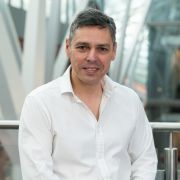
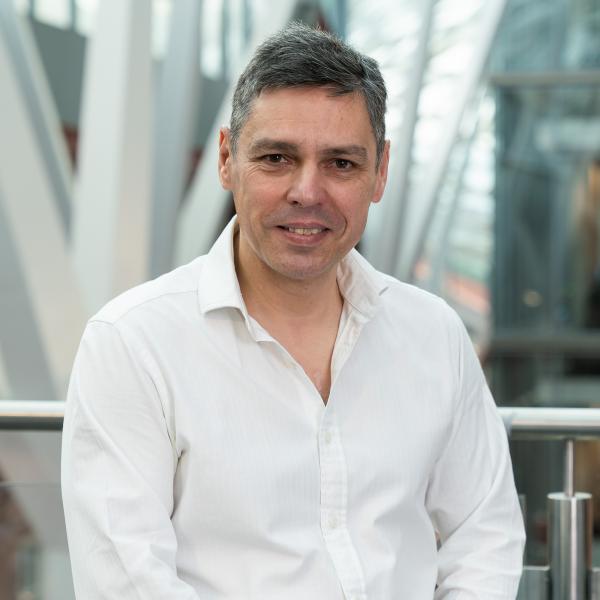
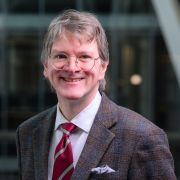
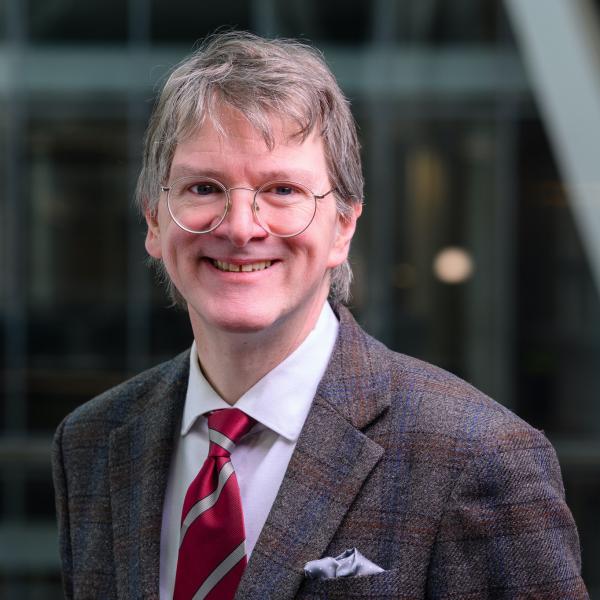
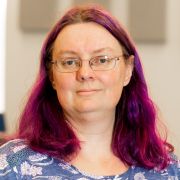
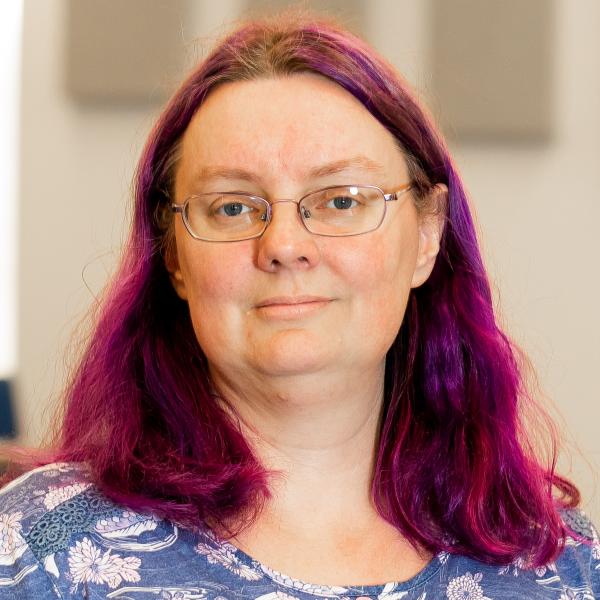
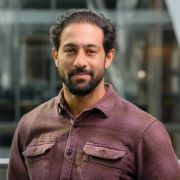
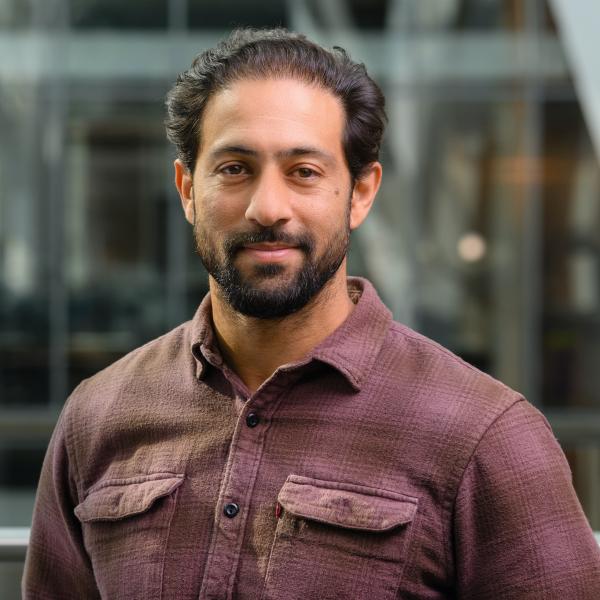
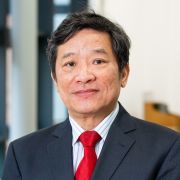
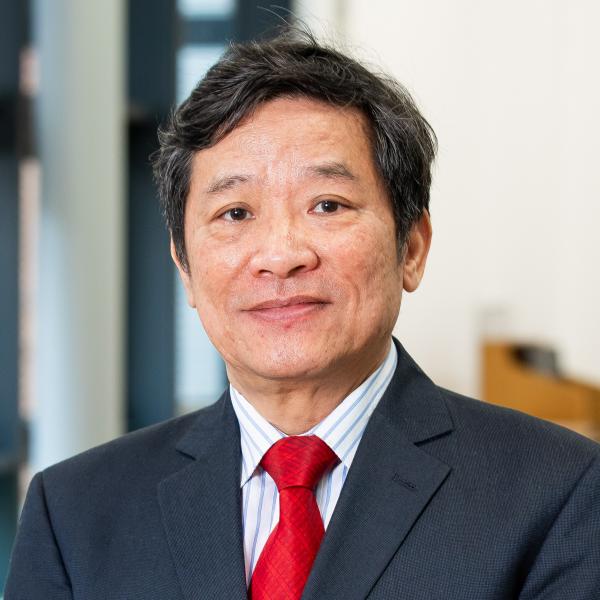




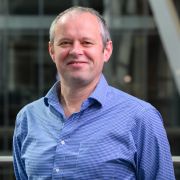
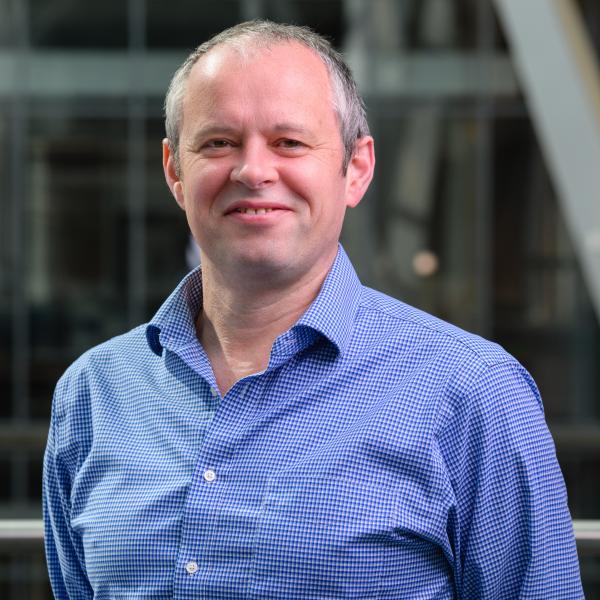
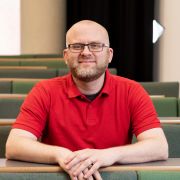
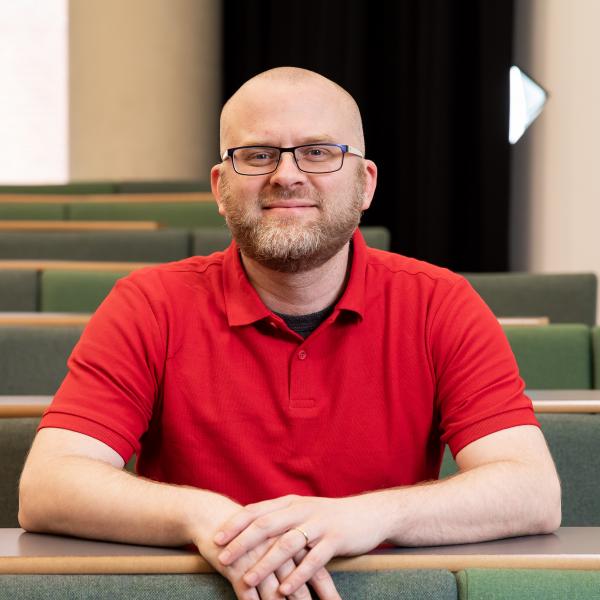
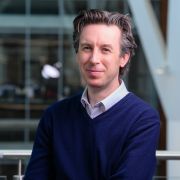
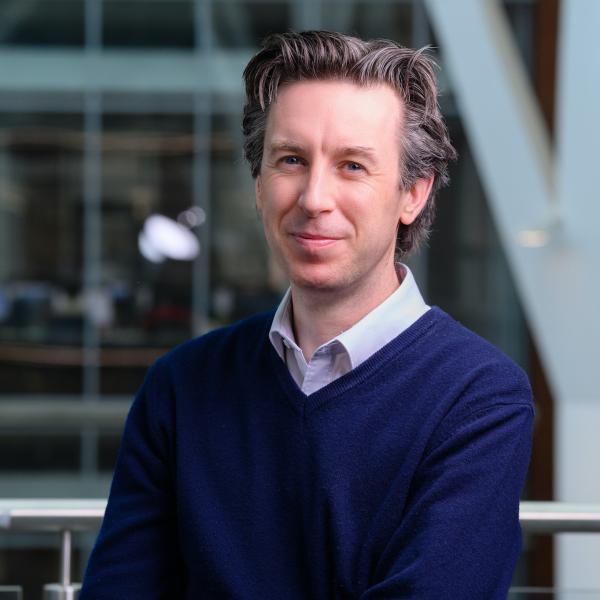
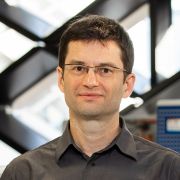
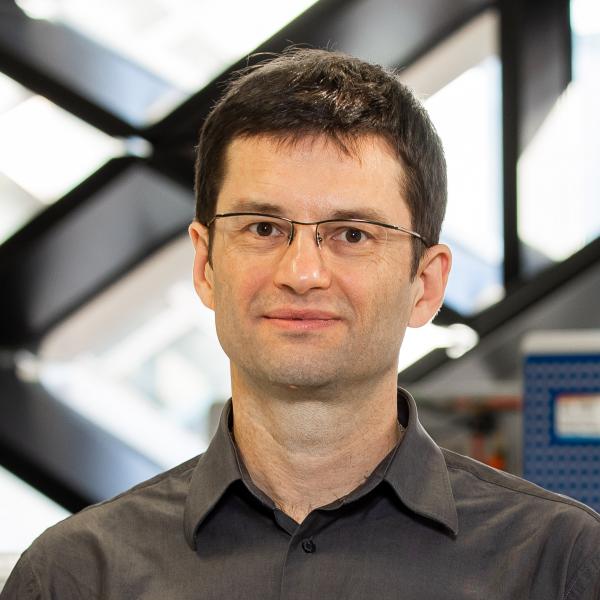
_0.jpg?itok=vvxPGpMO)
_0.jpg?itok=K5UrwCFK)
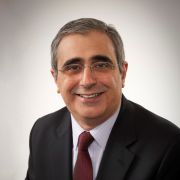
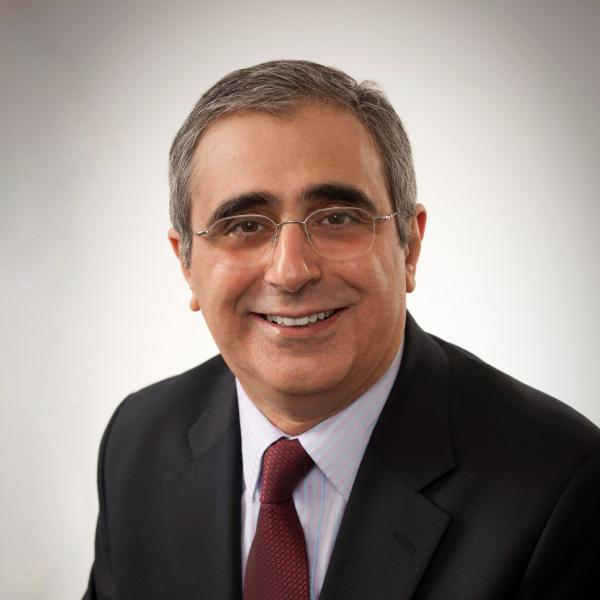
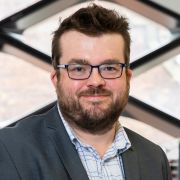
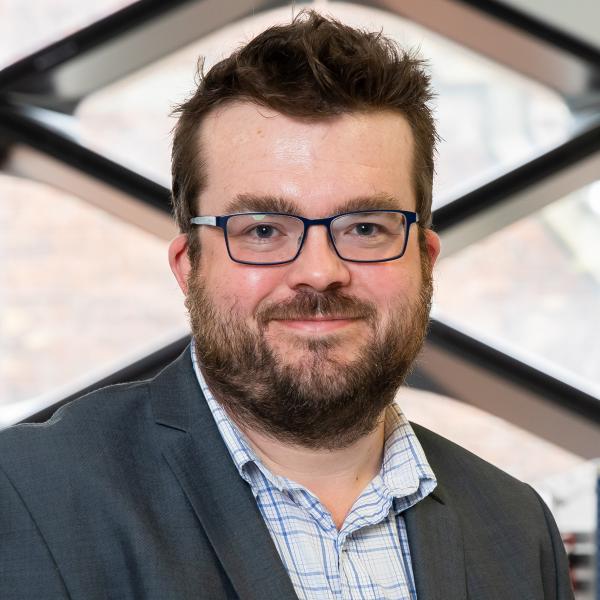

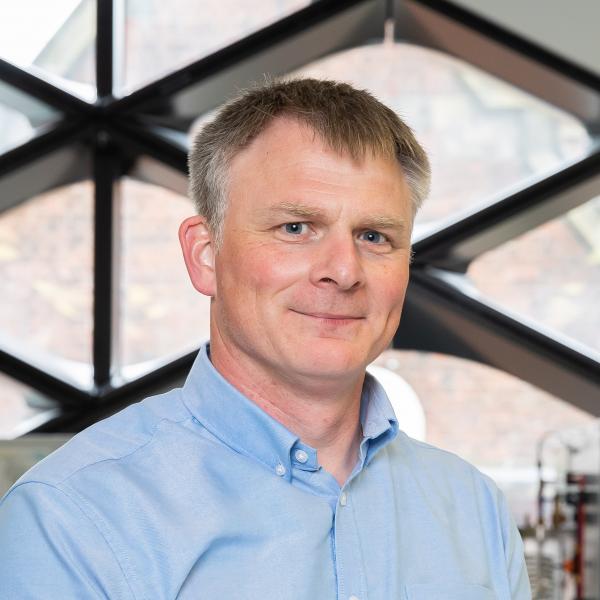
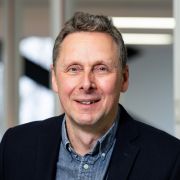
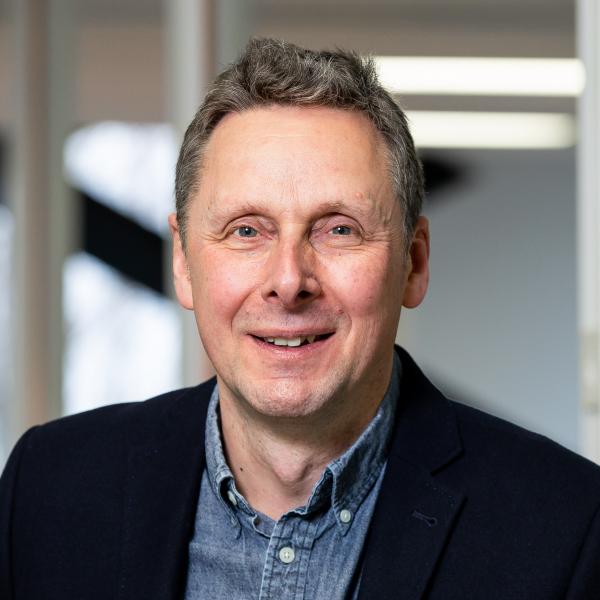

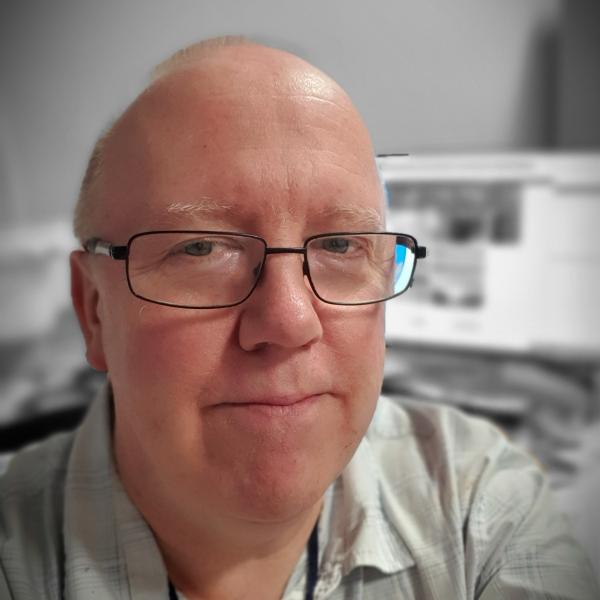
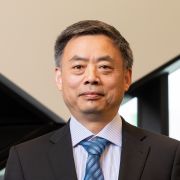
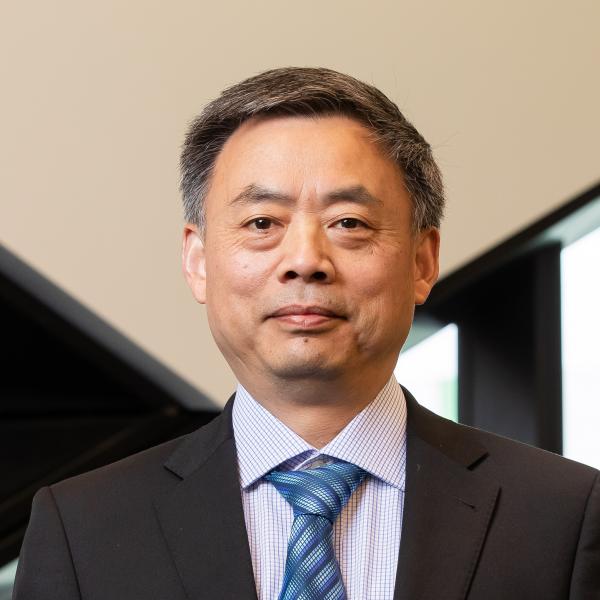
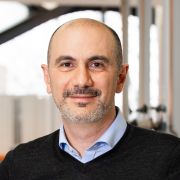
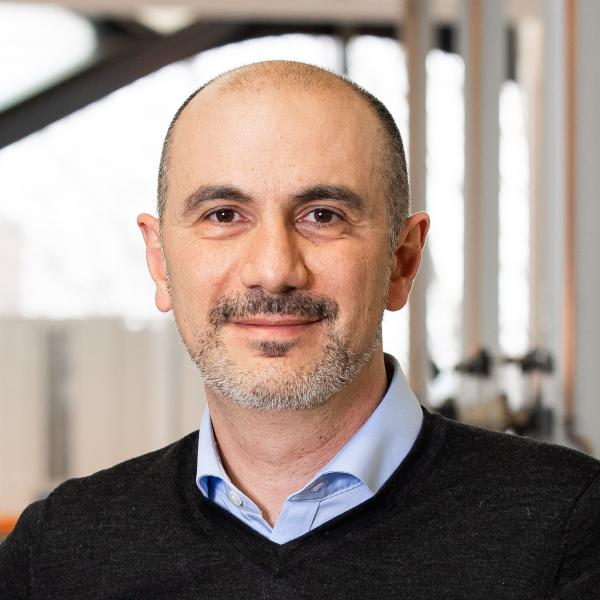
.jpg?itok=Lbui4U2r)
.jpg?itok=BqK1xnrn)

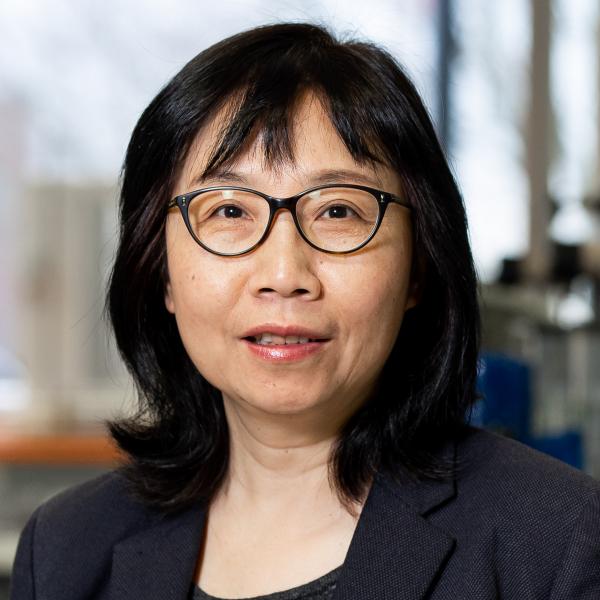
.jpg?itok=GpCrgCXw)
.jpg?itok=LdybC3bP)
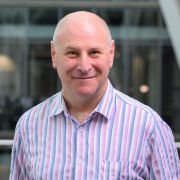
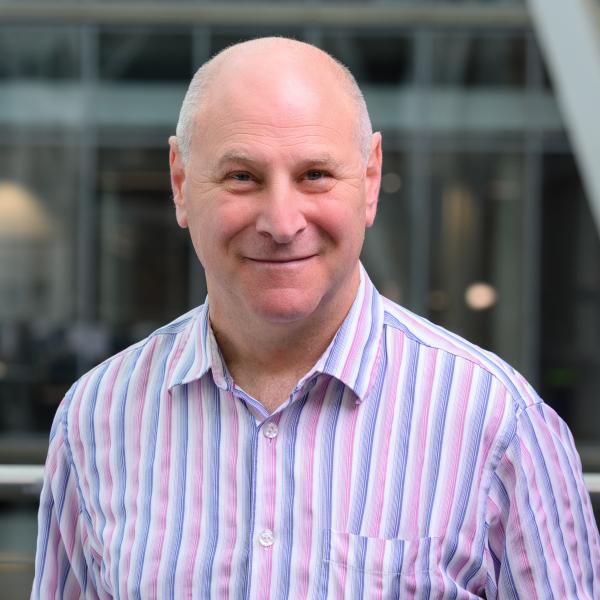
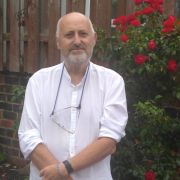
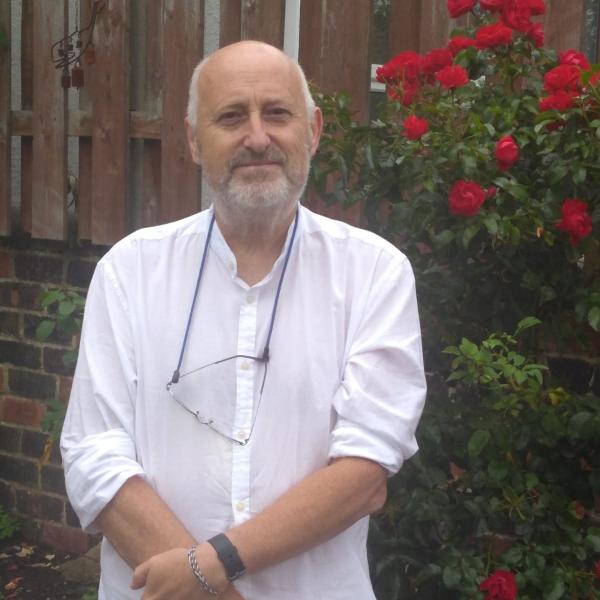
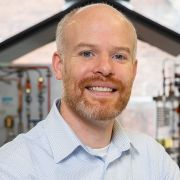
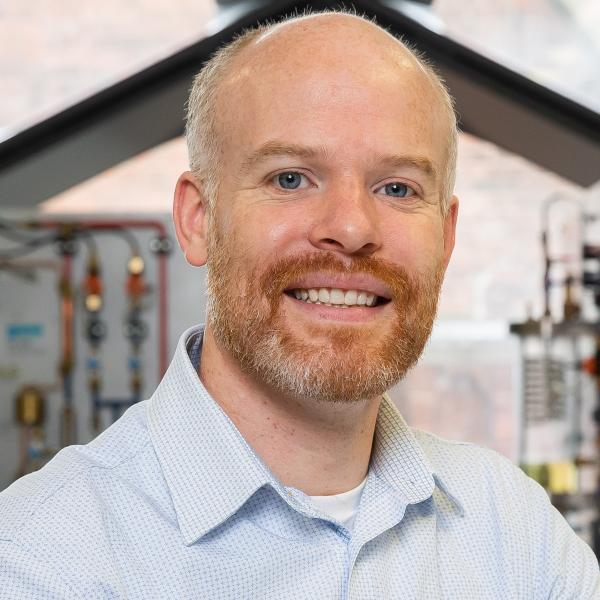
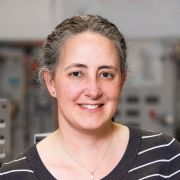
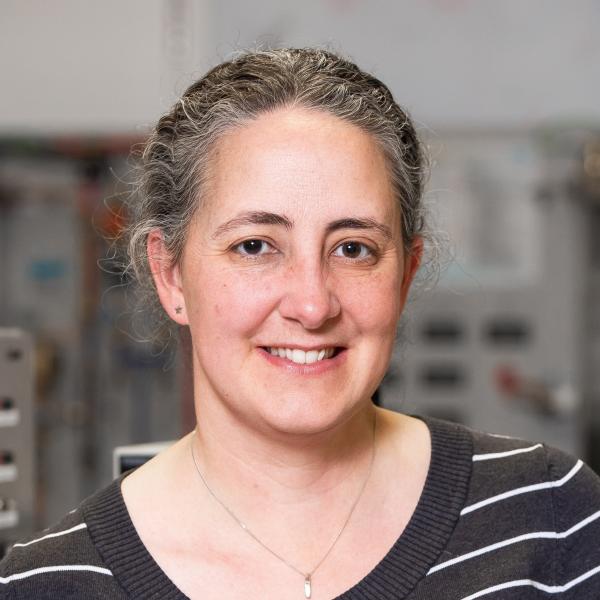
.jpg?itok=lAJPdK3H)
.jpg?itok=TOlfRUPw)

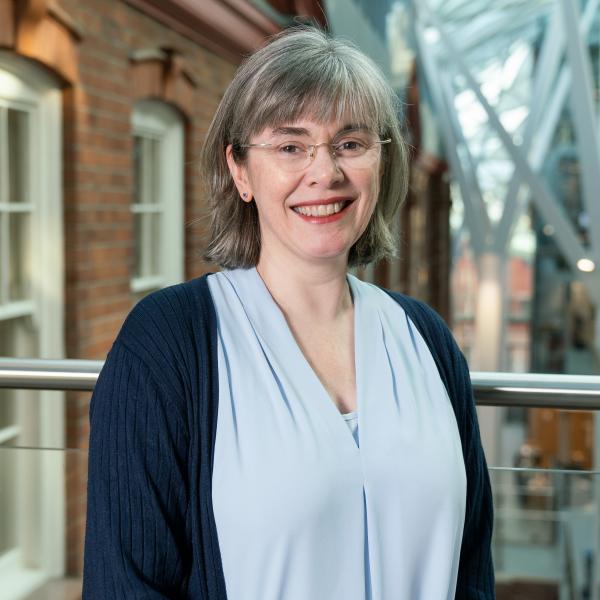
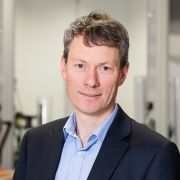
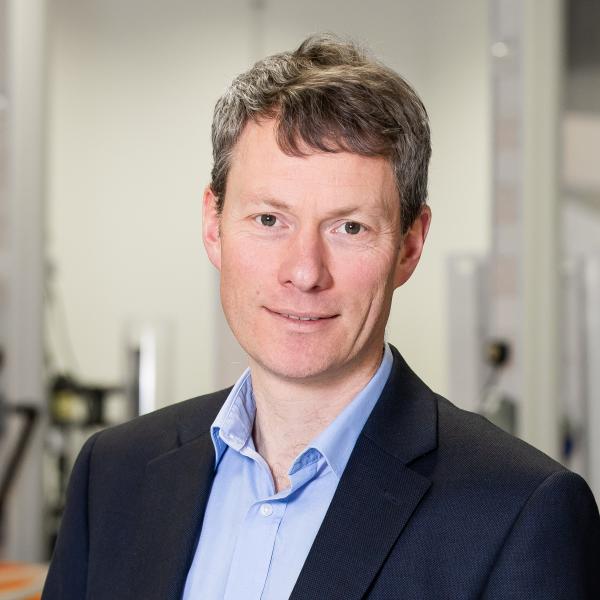
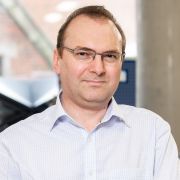
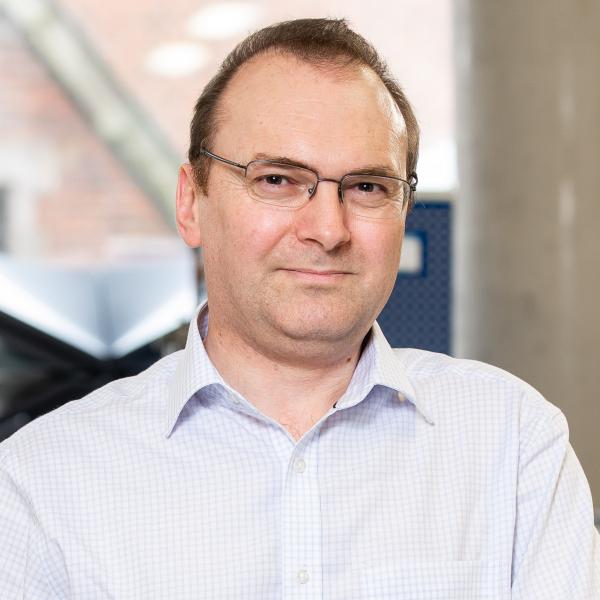

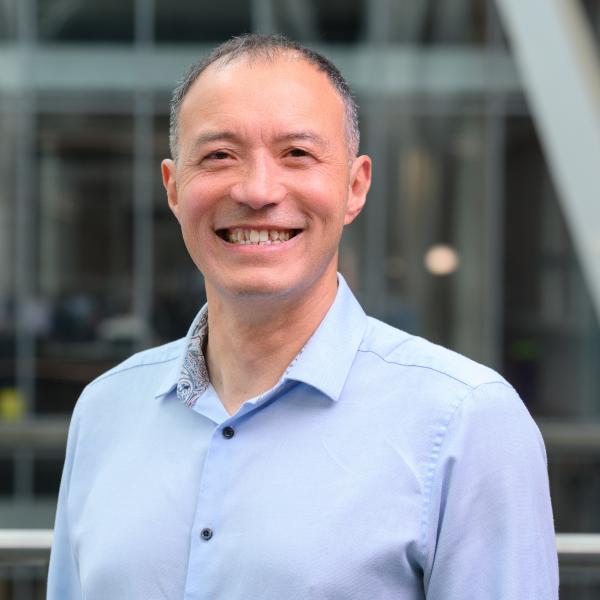
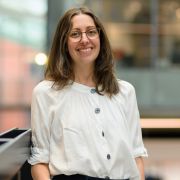
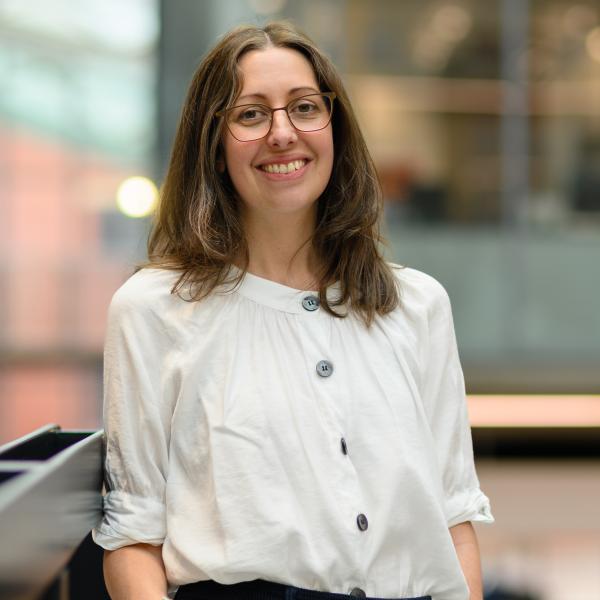

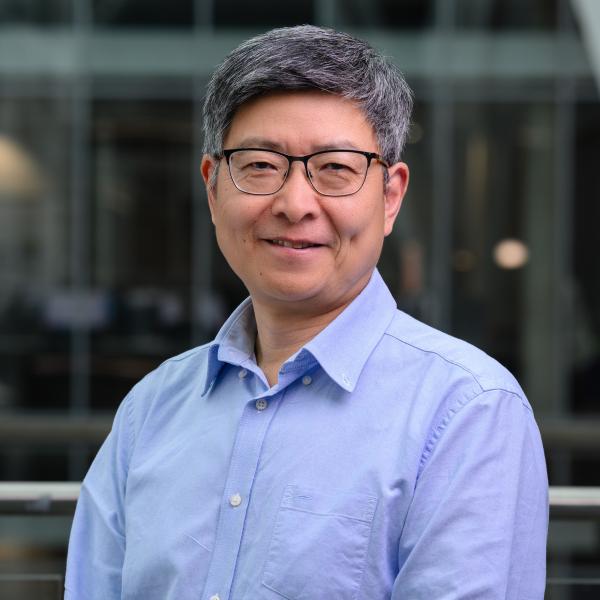
.jpg?itok=Zb24K6Hp)
.jpg?itok=SOLqEqTr)


